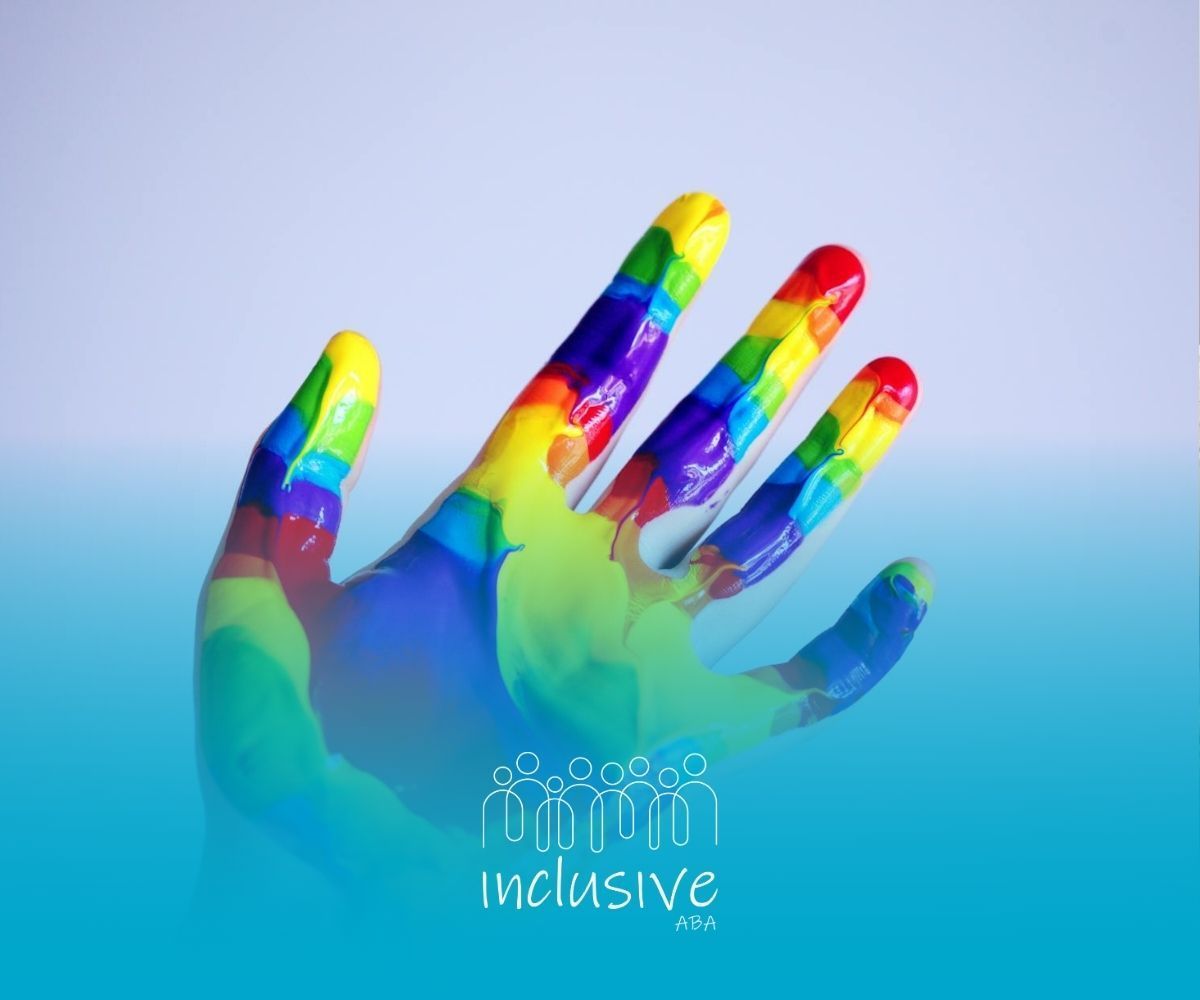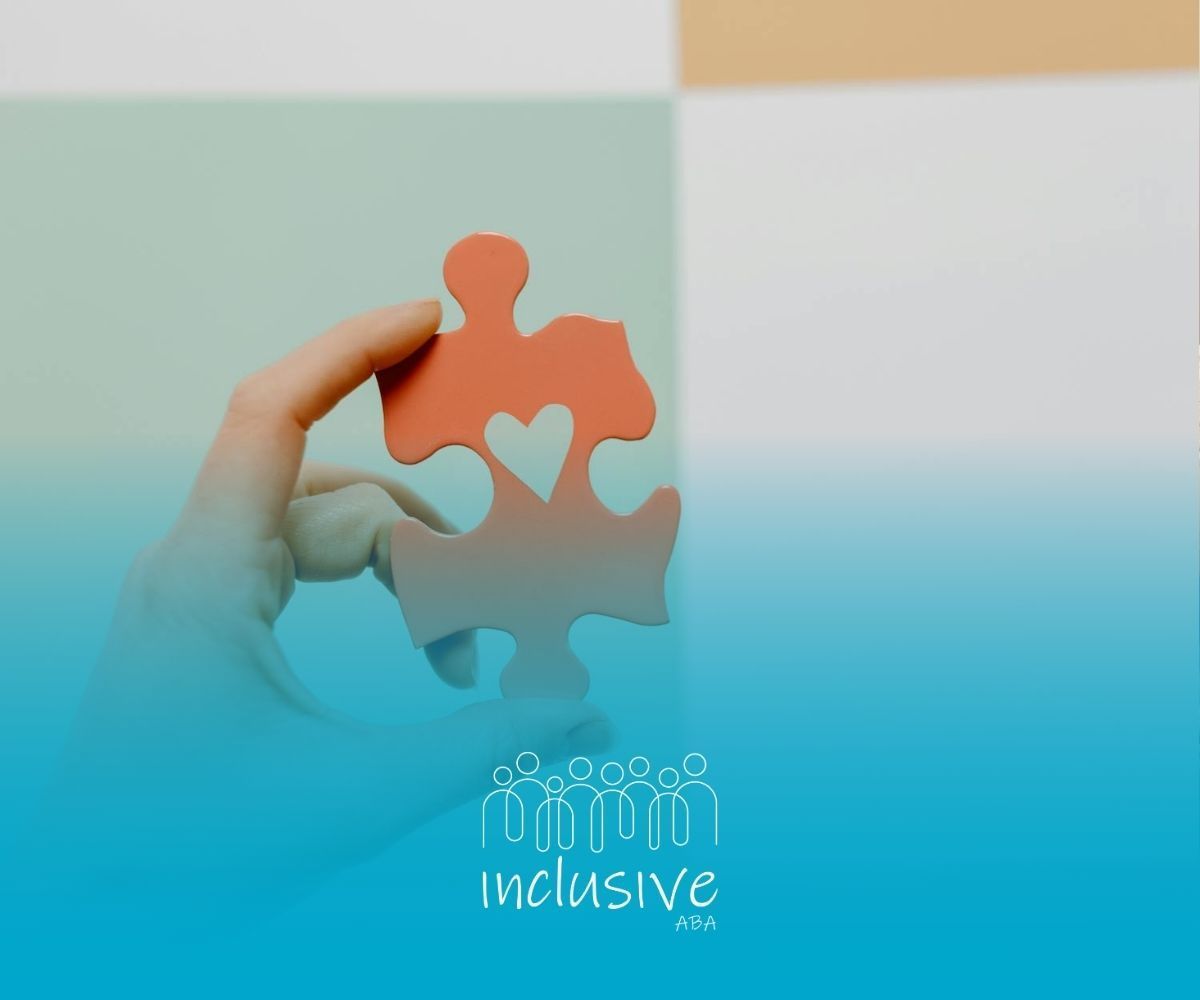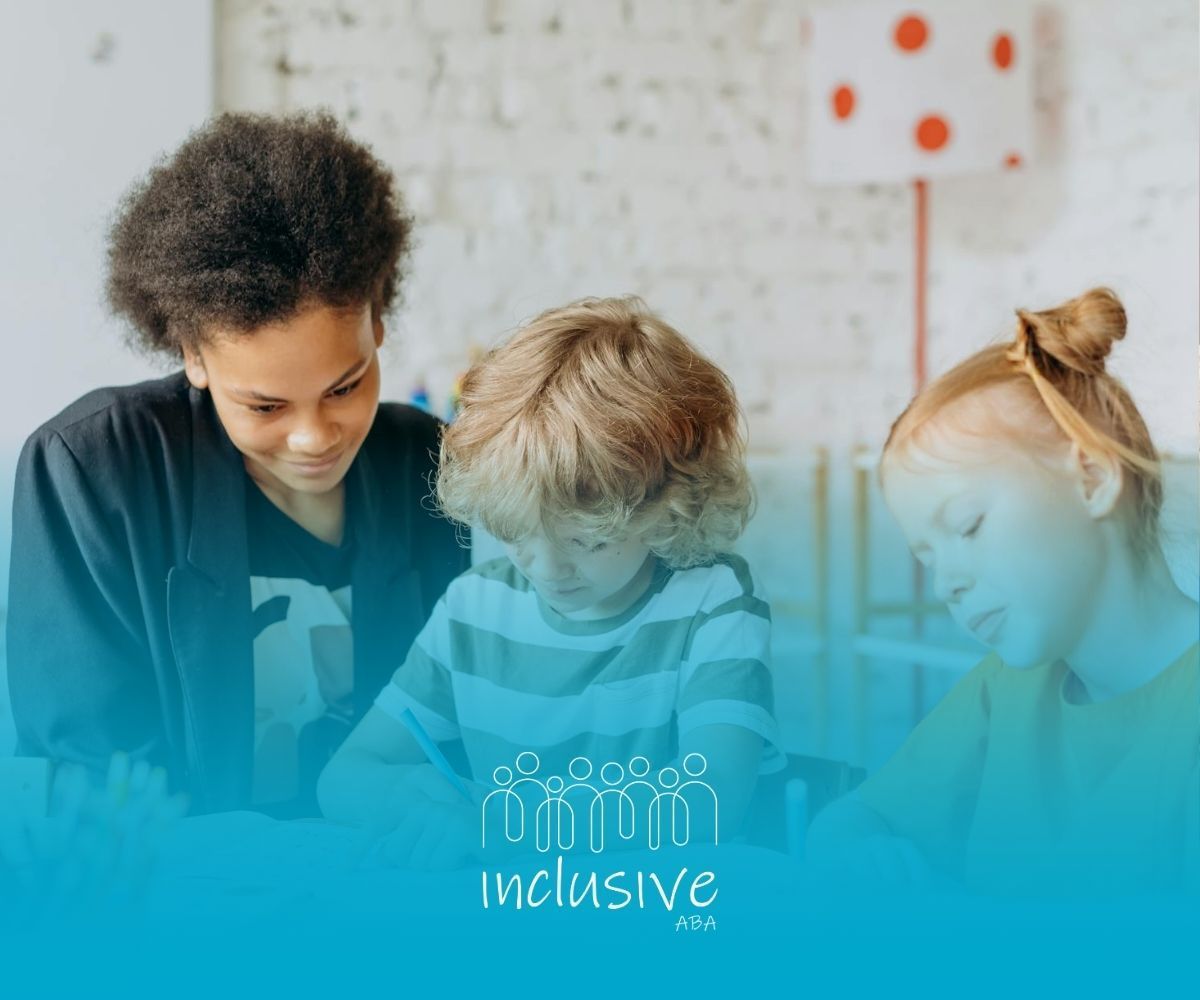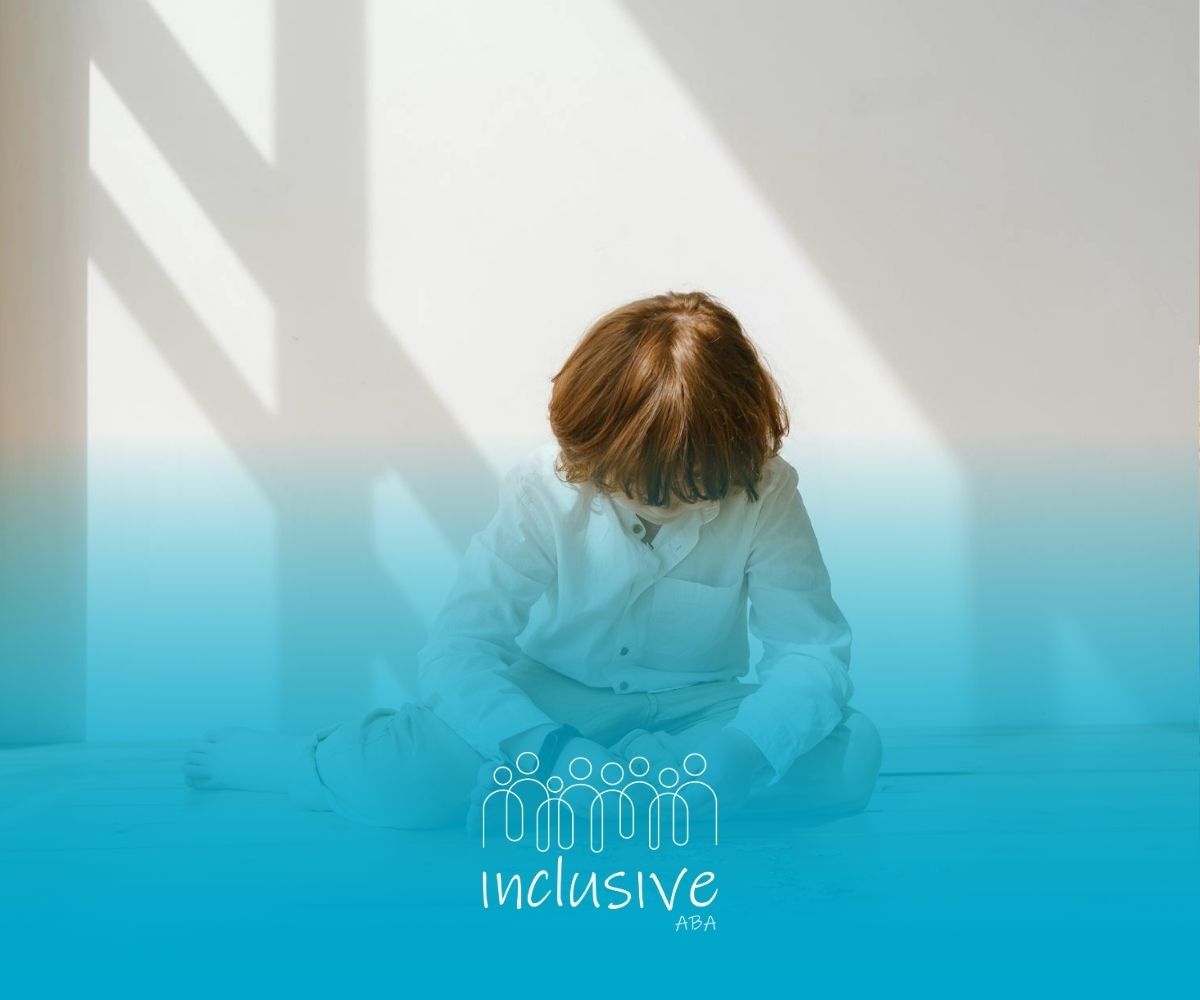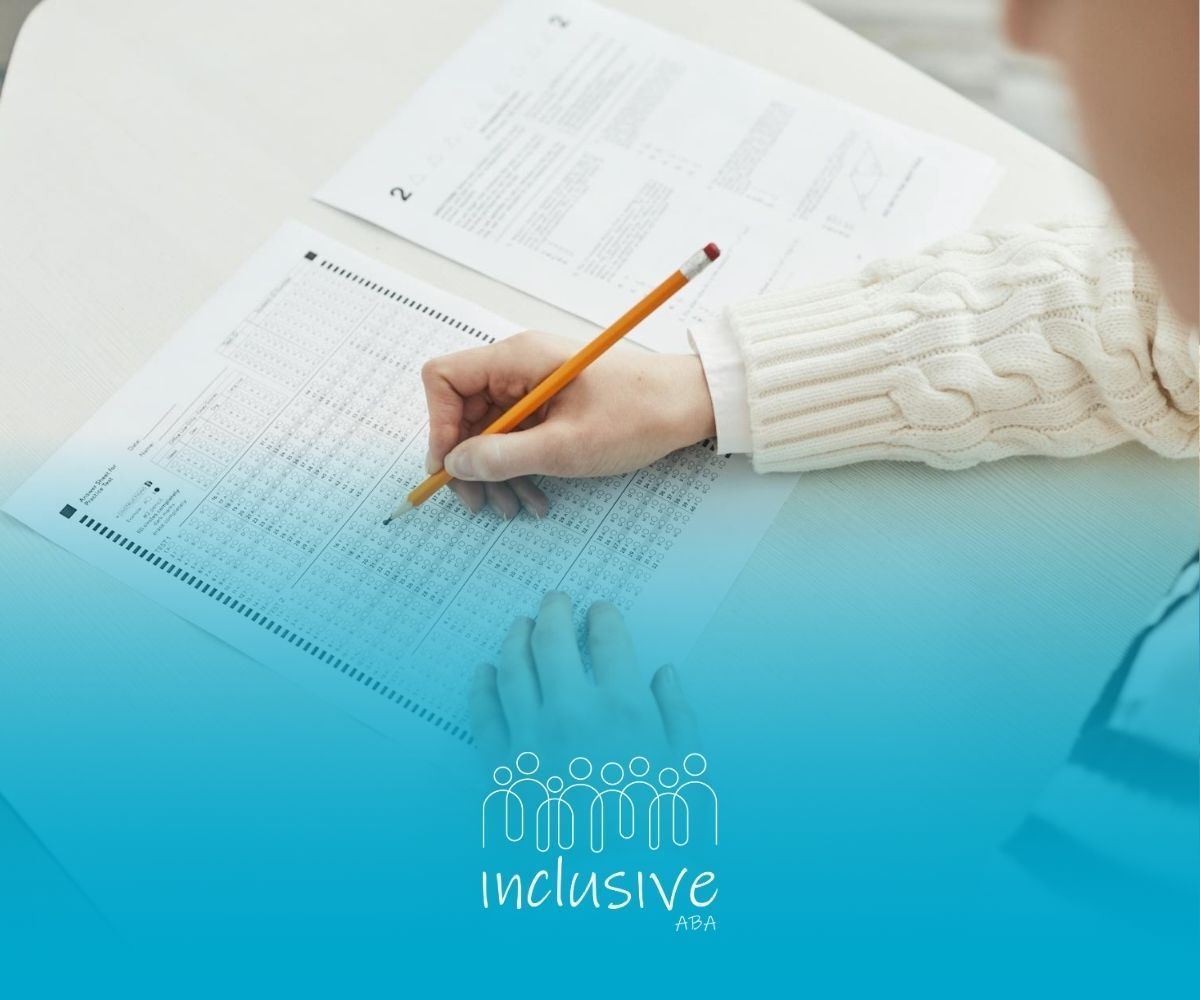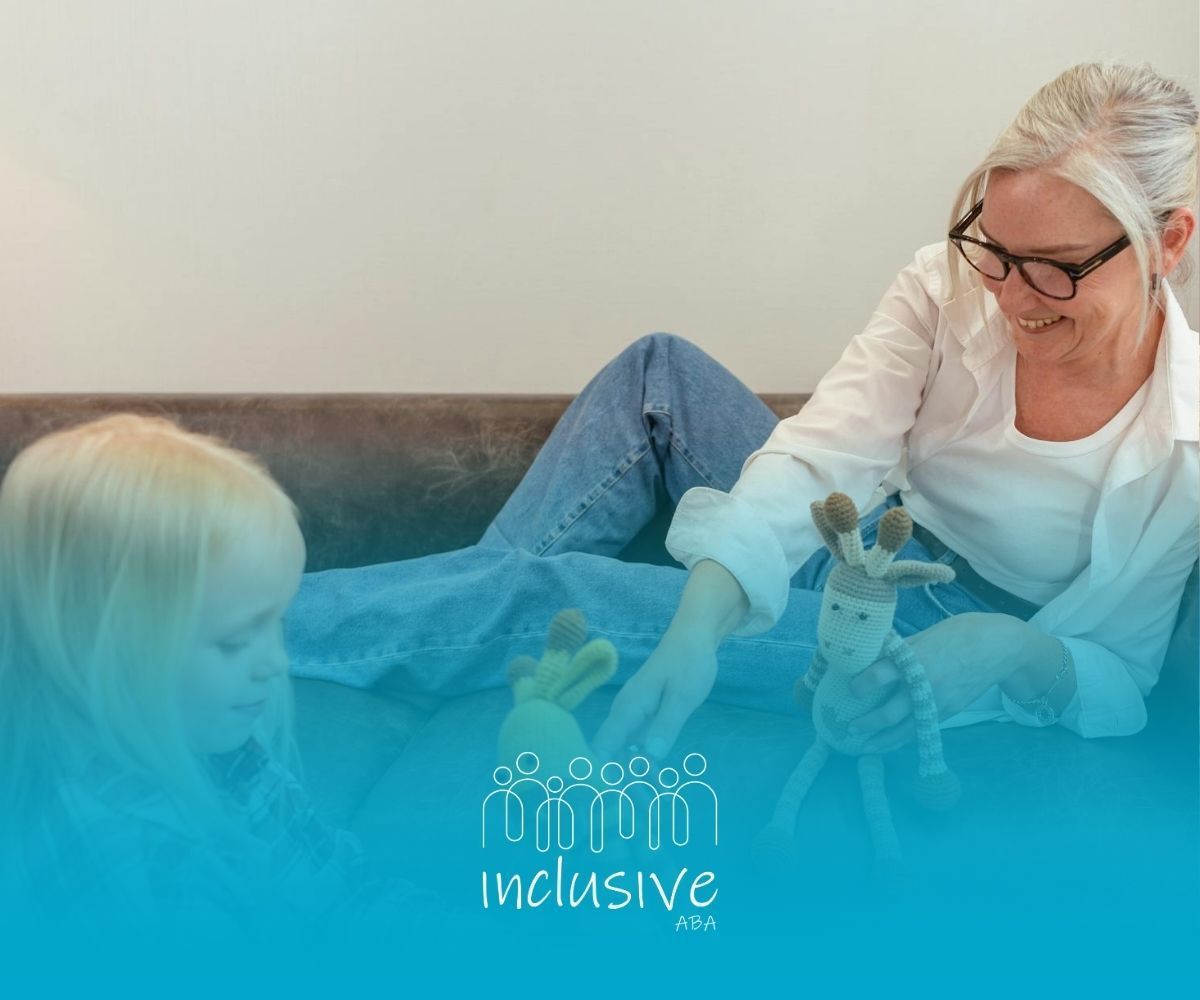Discover Autism Support Groups Near Me in Nevada, NE, CO
Key Highlights
- Comprehensive Support: Explore autism support groups in Nevada, Nebraska, and Colorado tailored to individual and family needs.
- Community Connection: Advocacy and resources from local Autism Society affiliates.
- Diverse Support Options: From ABA therapy to parent training programs, multiple types of groups cater to varying requirements.
- Easy Accessibility: Find resources near your location through the Autism Source Database.
- Qualified Facilitators: Groups led by trained professionals, including Board Certified Behavior Analysts (BCBAs).
- Safe Environments: Confidentialities and safe spaces to foster personal growth and mental wellness.
Introduction
Navigating life with autism spectrum disorder can be challenging. This is especially true when it comes to building social skills and finding community support. Families, caregivers, and individuals often want a good support system to help with these issues and to promote growth for everyone. Autism support groups offer a space for advice, connection, and resources, allowing families to face challenges together. In this blog, we will look at some amazing autism support options in Nevada, Nebraska, and Colorado.
Overview of Autism Support Groups in Nevada, Nebraska, and Colorado
Support groups are very important for people with Autism Spectrum Disorder (ASD) and their families. They help with resources and give emotional support. In Nevada, Nebraska, and Colorado, different kinds of support groups have been created. Some groups focus on therapy, while others work on advocacy and education.
These groups work together with organizations like Autism Society affiliates, advocacy councils, and developmental disabilities networks. They provide special support to help improve daily life with care. Whether people are sharing experiences in Las Vegas, taking part in Omaha’s strong early intervention programs, or joining Denver’s inclusive activities, each state offers unique ways to connect and grow together.
Importance of Community Support for Autism
Community support is very important for caring for autism and promoting development. It helps people feel like they belong and gives them understanding. This allows individuals and families to build meaningful connections with others who have similar challenges. Programs run by the Autism Society and other advocacy groups create ways for awareness and education.
In these activities, participants can tell their stories and learn from each other’s experiences. Feeling connected and valued is essential. It helps people feel stronger and gives them hope for what is coming.
Advocacy is also a crucial part of community support. It helps ensure that people have access to important resources and pushes for better policies. Autism support groups make sure that the voice of individuals is heard. Communities that focus on this type of advocacy can build a welcoming space for people with ASD. This helps improve mental health and encourages social involvement.
Types of Support Groups Available
There are different types of autism support groups for various ages, needs, and goals:
- Therapy-Based Groups: These use ABA therapy to help with developmental disabilities and enhance social skills.
- Caregiver-focused Groups: These provide training for parents and emotional support.
- Community Advocacy Platforms: These focus on raising awareness and changing public policy.
Therapy-based support includes structured programs like Applied Behavior Analysis (ABA), which is a good way to learn important skills. Caregiver-focused groups assist parents in their important role by offering educational and emotional resources.
Community advocacy platforms work for better, autism-friendly communities. Whether you want skill-based programs or advocacy, these groups give important resources for everyone involved.
Key Features of Effective Autism Support Groups
Effective autism support groups stand out because they help members grow and connect with each other. They make inviting spaces that focus on inclusion and understanding, along with providing clear guidance.
Key features include working with skilled professionals, like Board Certified Behavior Analysts (BCBAs), and focusing on personal needs. Also, having safe areas to share personal stories makes sure everyone feels secure and respected. Altogether, these aspects give members the tools and community support they need to make progress.
Confidentiality and Safe Spaces
Confidentiality is very important in autism support groups. It helps members feel safe when sharing their personal stories and struggles. Safe spaces are made to prevent judgment. This allows families and individuals to talk about sensitive issues like mental health and ASD openly.
Support groups use clear rules and processes to protect the privacy of participants. This helps build trust and emotional bonds among members. It makes sure that individuals know their opinions are valued.
Besides keeping things confidential, the safety of participants, both physical and emotional, is also a big focus. Supportive environments are created to encourage vulnerability, personal growth, and healing. This greatly helps mental health. Overall, these rules help maintain a caring space for everyone involved.
Qualified Facilitators and Experts
Qualified facilitators are key to creating effective autism support groups. Certified Behavior Analysts (BCBAs) and other trained professionals make sure the sessions are engaging and useful. They provide expert knowledge in autism support services.
Facilitators look at personal needs, direct discussions, and use evidence-based practices that are meant for individuals with ASD. Having trained leaders helps ensure families get correct information and useful ways to handle challenges.
These experts also teach community members about autism spectrum disorder. This helps create a better understanding and promotes inclusion. Qualified facilitators are much more than just group leaders. They stand up for the autism community and help others to make positive changes.
Nevada Autism Support Groups
Nevada has many autism support groups. They are run by the Autism Society and other providers like Inclusive ABA. They focus on early intervention therapies, training for families, and support to help improve social skills.
These groups create safe spaces and push for inclusion. They offer important help for personal growth and raise public awareness about autism. Parents and caregivers can find resources in well-organized programs led by trained professionals.
Support Options in Las Vegas
Las Vegas offers many choices for autism support. This includes ABA therapy services and community outreach programs. Local groups, like the Autism Society of America, help families find resources and advocacy programs.
These support options focus on inclusion. They provide therapy that helps people learn social skills and coping strategies for daily life. Parent training and group workshops encourage teamwork, assisting families in their roles with hope.
Also, structured care options are available in schools and through in-home programs. They promote a complete, all-inclusive way of care. Las Vegas does a great job of creating caring and practical solutions for each family’s specific needs.
Reno Community Resources
Reno is a center for support in the autism community. Organizations like the Developmental Disabilities Council lead many programs here. Advocacy is very important for creating resources for individuals and families.
These programs aim to improve communication skills and developmental milestones. They often use ABA therapy techniques to help achieve good results. Families are invited to join workshops and seminars. This allows for growth through shared experiences.
Reno has a caring network and dedicated leaders. This creates a strong support system for advocacy and personalized care.
Nebraska Autism Support Groups
In Nebraska, many autism support groups help families deal with autism spectrum disorder (ASD). The Autism Society of Nebraska offers great resources and advocacy. They focus on inclusion and mental health. Local community services also work on early intervention and social skills development. These support systems build a network that promotes positive reinforcement and lifelong learning for those with developmental disabilities. Joining these groups increases awareness and resources available throughout the state.
Omaha Support Networks
Omaha has many support networks for people dealing with autism spectrum disorder (ASD). Local groups, like the Autism Society of Nebraska, offer important resources, advocacy, and community events. These networks focus on inclusion and help people develop social skills. They create connections for families and individuals. Certified Behavior Analysts (BCBAs) are also available through different programs. They provide tailored help and strategies that promote positive reinforcement. Joining these networks can empower families to find good solutions and improve the well-being of those with autism.
Lincoln Area Groups and Activities
Many networks in the Lincoln area offer great help for people on the autism spectrum and their families. These groups hold fun activities that aim to improve social skills and encourage inclusion. The Autism Society chapter in Nebraska has special programs and works hard to support people with developmental disabilities. Also, local support efforts often use behavior analysis and positive reinforcement techniques. This ensures that everyone can connect meaningfully and have chances to grow in a caring environment.
Colorado Autism Support Groups
Support networks in Colorado offer important help for people affected by autism spectrum disorder (ASD). There are many autism support services that help communities work together. They focus on including everyone through advocacy and teamwork between families and professionals. Some groups specialize in early intervention. They provide programs to improve social skills and mental health. These organizations often have certified behavior analysts (BCBAs) who use behavior analysis techniques. This way, participants get the support they need to deal with developmental disabilities.
Denver Metro Area Services
Many resources in the Denver metro area support people with autism spectrum disorder and their families. There is a big focus on early intervention programs. These programs help kids grow their social skills and handle daily challenges better. Groups like the Autism Society of Colorado and local advocacy teams connect families with certified behavior analysts who specialize in ABA therapy. Support group meetings are regularly held. They help build a sense of community and allow people to share their experiences and tips for managing developmental disabilities effectively.
Autism Resources in Colorado Springs
In Colorado Springs, there are many resources for autism. These resources help individuals with autism spectrum disorder (ASD) and their families. One important organization is the Autism Society of Colorado. They offer advocacy, community support, and educational materials focused on autism spectrum needs.
Local support groups help build connections. They also improve social skills and create a sense of belonging. Families can access certified behavior analysts (BCBAs) and ABA therapy options. This means they can find the right help for their unique situations.
Community events also help promote inclusion and awareness about autism. These efforts are making a positive impact on the community.
How to Choose the Right Support Group
Choosing the
right support group is important and needs careful thought. First, check what the group focuses on. Do they work on advocacy, social skills, or sharing resources? Next, look at the leaders. Certified behavior analysts (BCBAs) or trained facilitators who know about autism spectrum disorder (ASD) and developmental disabilities are best. Getting feedback from current members can help you see how well the group builds community and inclusion. In the end, pick a group that matches your goals and needs and has a good mentally healthy environment.
Factors to Consider When Selecting a Group
Finding the right support group means thinking about a few important points. First, look at the group's focus on autism spectrum disorder (ASD) and see if it matches your needs, like social skills development or family advocacy. Check the qualifications of the leaders; it’s best to find certified behavior analysts and professionals who know about mental health support. Next, consider the group’s setup. A friendly and supportive environment that uses positive reinforcement can help people with developmental disabilities get more involved and see better results. The way they support you will affect your experience.
Tips for Evaluating Group Effectiveness
To understand how well an autism support group works, you need to look at several factors. First, check the skills of the facilitators. It’s important that they are certified behavior analysts or have experience in autism spectrum disorder. Next, think about how the group is set up. Does it use good practices like behavior analysis and positive reinforcement? Also, look at how engaged the members are and if there are chances to develop social skills, which helps promote inclusion. Finally, feedback from current members can give you useful information about how the group affects mental health and support.
Conclusion
Finding the right autism support groups can greatly improve the lives of people with autism spectrum disorder and their families. With support and advocacy in places like Nebraska or Colorado, the experience becomes more enjoyable when connections are made within the community. Being part of these groups helps grow social skills and provides positive reinforcement. It also helps everyone understand autism and developmental disabilities better. Using these resources can lead to good mental health strategies specially designed for those on the spectrum.
Frequently Asked Questions
What should I look for in an autism support group?
When picking an autism support group, think about what the group focuses on and how they operate. Check the skills of the facilitators. Look for a welcoming atmosphere and a mix of different members. Also, look at how often the group meets and if it is easy to attend. This will help make sure it fits your needs and preferences.
SOURCES:
https://scholarsarchive.library.albany.edu/cgi/viewcontent.cgi?article=1011&context=honorscollege_anthro
https://autismspectrumnews.org/autism-parent-support-groups-a-successful-model-providing-information-
and-support/
https://www.autismparentingmagazine.com/autism-support-groups-for-parents-families-children/
https://autismnebraska.org/what-we-do/
https://www.autismcolorado.org/new-autism-society-brand
https://www.autismspeaks.org/finding-your-community




